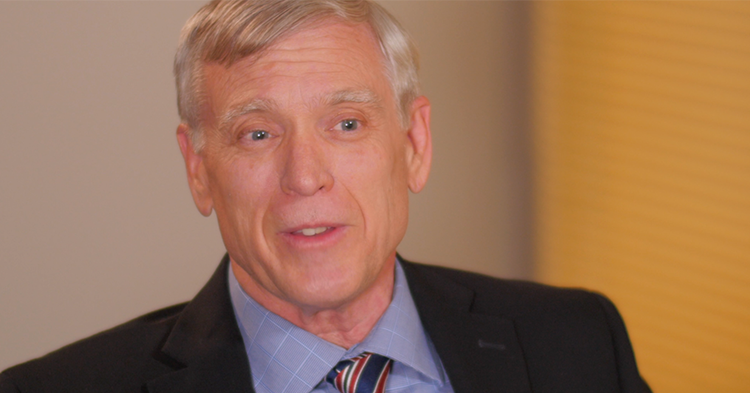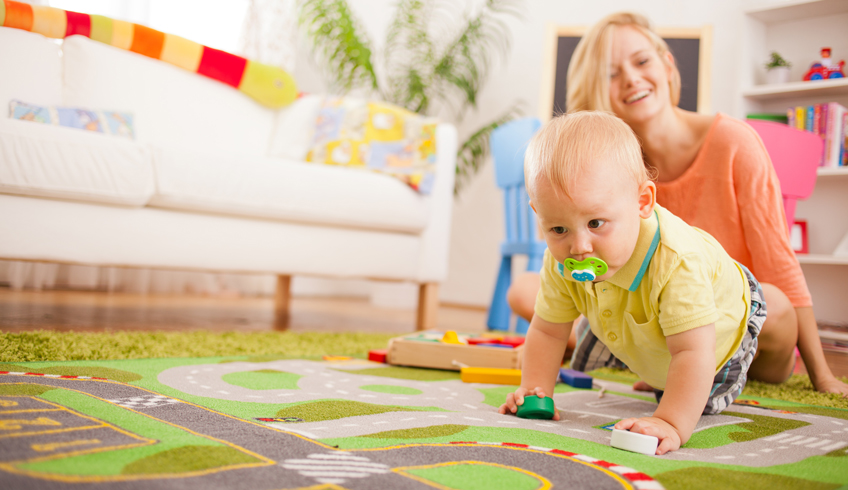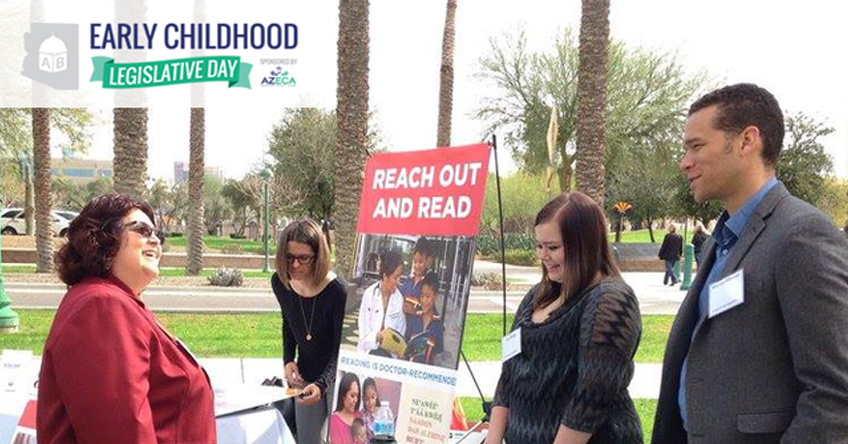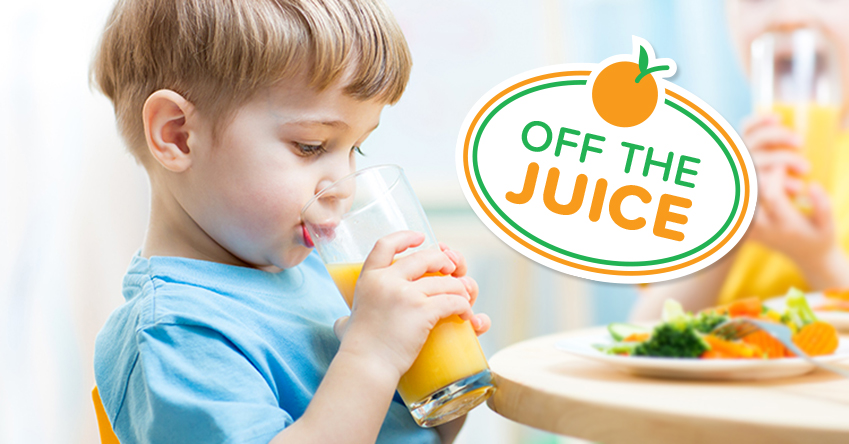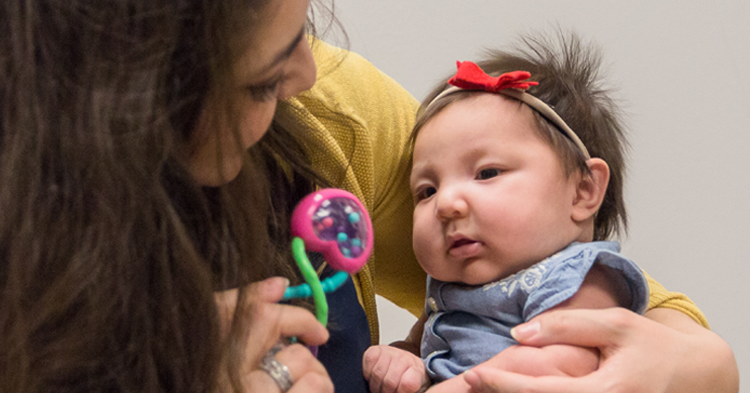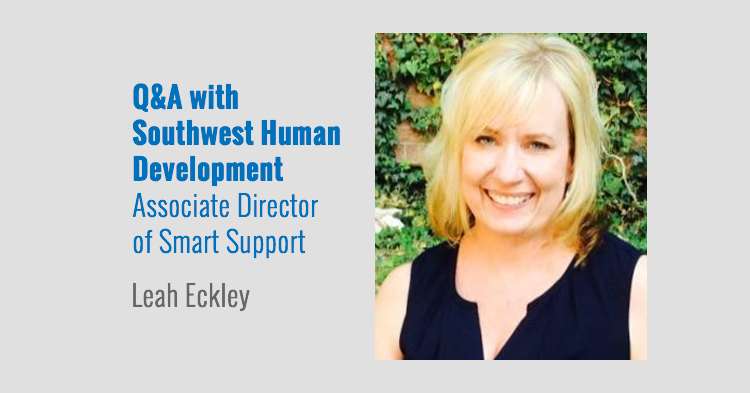
We celebrate Children’s Mental Health Awareness in May—a time to remember that a child’s future success depends on socio-emotional and behavioral development as much as physical health and growth.
National data shows that pre-K children are expelled at three times the rate as K-12 students for challenging behaviors. A child’s early years can be a rollercoaster of emotions and behaviors, but when do challenging behaviors cross the line into mental health issues? Leah Eckley, associate director of Smart Support at Southwest Human Development in Phoenix, provides answers to common questions about early childhood mental health.
What does early childhood mental health look like?
Early childhood mental health refers to the healthy social, emotional and behavioral well-being of young children. Early childhood mental health can look differently depending on the individual child, their family and their community or culture.
Young children are learning how to experience, express and regulate their own emotions and understanding, so there is some trial and error. They need to be able to experiment and learn while in a safe relationship with caring adults, who can give them guidance.
The number one attribute of early childhood mental health is for a child to know that a person really cares and is available. This is evident in classroom behavior when a child is playing or having a one-on-one conversation with a teacher. In a family setting, when a child knows that her parents really like to be with her and they give that one-on-one attention, such as playing with her on the floor.
Since many children exhibit different behaviors, when should parents be concerned?
Children display numerous behaviors and usually those behaviors are part of normal development. All children act out at times and display troublesome behaviors. However, if behaviors seem too extreme and are present in different environments over a period of time, it might be time to seek assistance from a professional.
Some red flags to notice are when a child is having challenging behaviors that are long in duration, frequent and your parenting knowledge and skills are not resolving the issue. At this time, it might be good to call the Birth to Five Helpline (877-705-KIDS (5437). Helpline specialists can provide tips or assurance about your observations.
ZERO TO THREE estimates that between 9.5 percent and 14 percent of children birth to age 5 experience social and emotional challenges. You can look at “The Basics of Infant and Early Childhood Mental Health: A Briefing Paper” to review a checklist of specific behaviors to watch for.
What can parents do to contribute to their child’s good mental health?
The most important thing a parent can do for their child is to love them unconditionally and provide a safe and emotionally-secure environment for them to grow and thrive. Children need their parents to set healthy limits and at the same time give them space to learn. A child needs to feel like someone is taking delight in her and that an adult truly cares.
Children also thrive when there are routines that make sense and can be counted on. Predictable routines provide a sense of safety. Safety is key to helping children develop a good sense of stability and security, both of which are foundational to their development. When safety is present, children can build confidence, exhibit curiosity and gain skills in self-control, communication and cooperativeness.
No matter the situation, there still could be mental health concerns and that’s when some type of professional support may be helpful. Other support can be accessed through:
- The Birth to Five Helpline (877-705-KIDS (5437) which fields questions from families about child development and concerns.
- Home visiting programs, like Healthy Families or Parents as Teachers, which help parents to support their child’s health and learning.
- Early childhood mental health consultation that works directly with child care providers to help them learn strategies to reduce challenging classroom behaviors and lower expulsion rates in child care programs. Many child care providers enrolled in First Things First’s Quality First program have access to a mental health consultant.
Leah Eckley is the associate director of Smart Support at Southwest Human Development in Phoenix. Smart Support is Arizona’s system of infant and early childhood mental health consultation. Leah provides program leadership and supervision of this large statewide system. She has more than twenty years of experience working on behalf of young children and their families. Leah holds a Master of Social Work from Arizona State University and also the Infant/Toddler Mental Health Clinical Certificate from the Harris Institute at Southwest Human Development. She is a frequent presenter on topics related to infant and early childhood mental health and preschool expulsion prevention.



